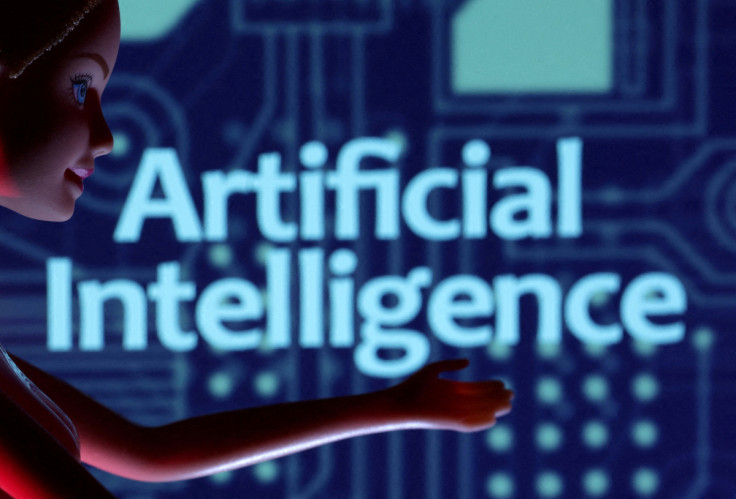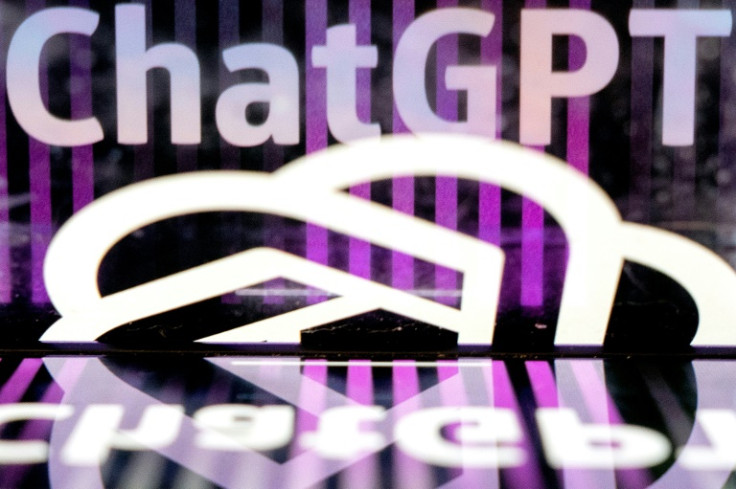Generative AI is 'the next productivity frontier', report says
Generative AI is poised to unleash the next wave of productivity, according to a new report stating that it could add the equivalent of $2.6 trillion to $4.4 trillion annually across 63 use cases.

Generative AI is poised to unleash the next wave of productivity, according to a new report.
McKinsey & Company, a global management consulting firm, released a document outlining the potential for Generative AI to transform the global economy.
Generative AI is defined as applications typically built using foundation models. These models contain expansive artificial neural networks inspired by the billions of neurons connected in the human brain.
Foundation models are part of what is called deep learning, a term that alludes to the many deep layers within neural networks. Deep learning has powered many of the recent advances in AI, but the foundation models powering generative AI applications are a step-change evolution within deep learning.
This is because, unlike previous deep learning models, they can process extremely large and varied sets of unstructured data and perform more than one task.
And McKinsey estimates that the impact of such technology on the global economy could amount to "trillions of dollars".
According to the report, generative AI could add the equivalent of $2.6 trillion to $4.4 trillion annually across the 63 use cases analysed by McKinsey – by comparison, the United Kingdom's entire GDP in 2021 was $3.1 trillion.
"This estimate would roughly double if we include the impact of embedding generative AI into software that is currently used for other tasks beyond those use cases", adds the document.
How would AI make such an increase possible?
About 75 per cent of the value that generative AI use cases could deliver falls across four areas: Customer operations, marketing and sales, software engineering, and R&D.
Examples include generative AI's ability to support interactions with customers, generate creative content for marketing and sales, and draft computer code based on natural-language prompts, among many other tasks.
We are already seeing the transformation of industries due to the impact of AI.
For the first time, AI-enabled startups in the built world raised as much as the finTech sector in 2022, and in both 2021 and 2022, AI deals in the built world overtook the FinTech AI sector, reaching over 600 deals globally in 2021 alone.
AI technologies can help fintech companies and institutions to keep in touch with their customers, automate customer support, improve fraud detection, and simplify the decision-making process with data and predictive analysis.
And in education, it is believed that AI could be used to provide "personalised learning" to children at school.
Speaking at London Tech Week, UK Prime Minister Rishi Sunak said that the technology could "reduce teachers' workloads" by assisting with lesson planning and marking.
According to Sunak, the potential for artificial intelligence to provide "personalised learning for each individual" is "so powerful" that it is comparable to the impact of having a tutor.
In support of this, the McKinsey report outlines how Generative AI has the potential to change the anatomy of work, augmenting the capabilities of individual workers by automating some of their individual activities.
Current generative AI and other technologies have the potential to automate work activities that absorb 60 to 70 per cent of employees' time today. In contrast, the report estimated that technology has the potential to automate half of the time employees spend working.
Research shows that currently, the average annual amount of wasted time per employee can range from four to five days, but it can also be as high as thirty days or more – a result of a kind of "digital friction".
Whether employees use remote working tools in different ways or have inconsistent internet quality, everyone has a different digital experience which creates an inequality in the productivity of employees.
But the implementation of AI into the digital workplace has the potential to solve this problem, increasing time for employee training and education, which would in turn see a rise in employee satisfaction and output.

Since the creation of ChatGPT in November 2022, there has been an explosion in the development of Artificial Intelligence.
According to the latest available data, ChatGPT currently has over 100 million users, and the website generates 1 billion visitors per month.
While the artificial intelligence software has been lauded for its ability to instantly produce advanced text such as essays, poems, and stories, it has also sparked concern about misinformation and data leaks.
And concern over the rapid speed of development in the field over recent months has led a group of scientists, as well as several high-profile figures in the technology industry, to sign an open letter calling for a 6-month delay for all AI enterprises, to allow time for legislation to catch up with advancements in the field.
Global leaders should be working to reduce "the risk of extinction" from artificial intelligence technology, a group of industry chiefs and experts warned last month.
Despite calls to pause development in the field, OpenAI released a new large language model, or LLM, called GPT-4 with markedly improved capabilities, just four months after its original model was rolled out.
Similarly, by May 2023, Anthropic's generative AI, Claude, was able to process 100,000 tokens of text, equal to about 75,000 words in a minute — the length of the average novel — compared with roughly 9,000 tokens when it was introduced in March 2023.
And in May 2023, Google announced several new features powered by generative AI, including Search Generative Experience and a new Large Language Model, called PaLM 2 that will power its Bard chatbot, among other Google products.
In 2019, The World Intelligence Property Organisation reported that AI was already the most prolific emerging technology in terms of the number of patent applications and market size.
And now, the AI software market's global annual revenue is currently over $50 billion, and according to a study by ResearchandMarkets, this is expected to reach $301.2 billion by 2028, growing at 29.4 per cent CAGR (compound annual growth rate).
And there are no signs of slowing down.
According to the report, the pace of workforce transformation is likely to accelerate, given increases in the potential for technical automation.
"Updated adoption scenarios, including technology development, economic feasibility, and diffusion timelines, lead to estimates that half of today's work activities could be automated between 2030 and 2060, with a midpoint in 2045, or roughly a decade earlier than in our previous estimates," the study reads.
Despite the obvious dangers of artificial intelligence, the report leaves no doubt that the potential of technology to benefit the global economy is limitless.
© Copyright IBTimes 2025. All rights reserved.






















